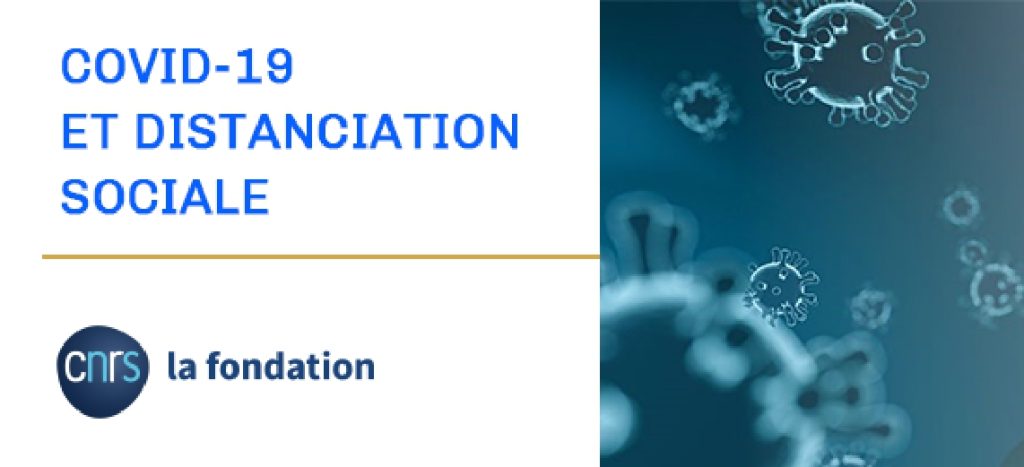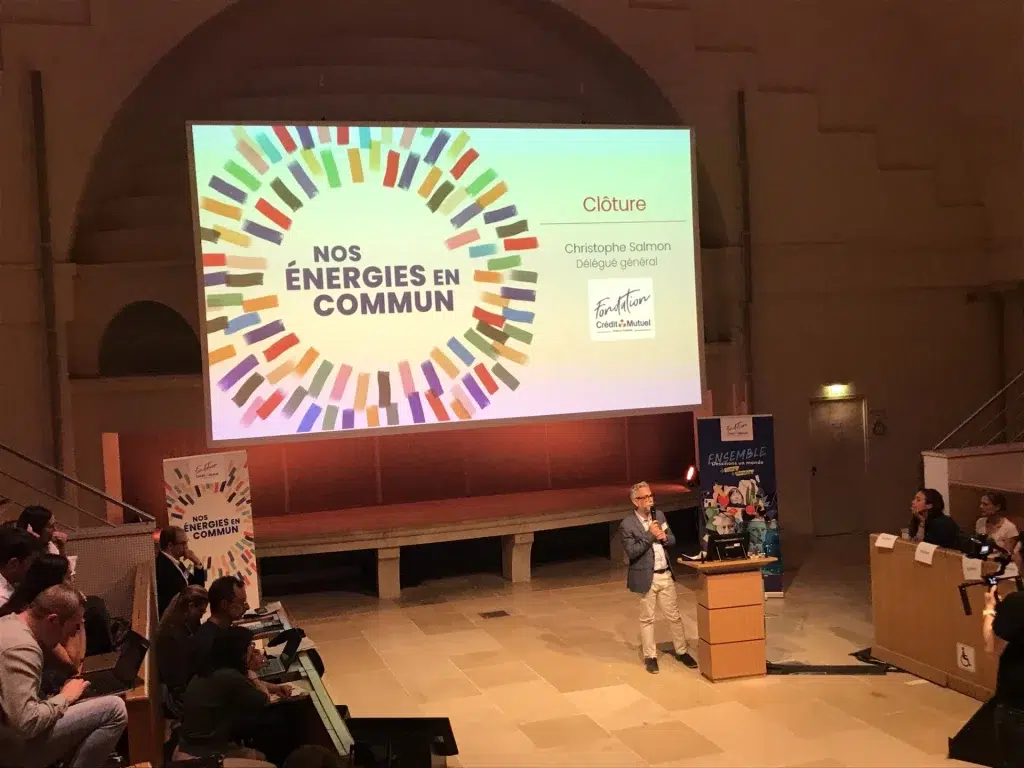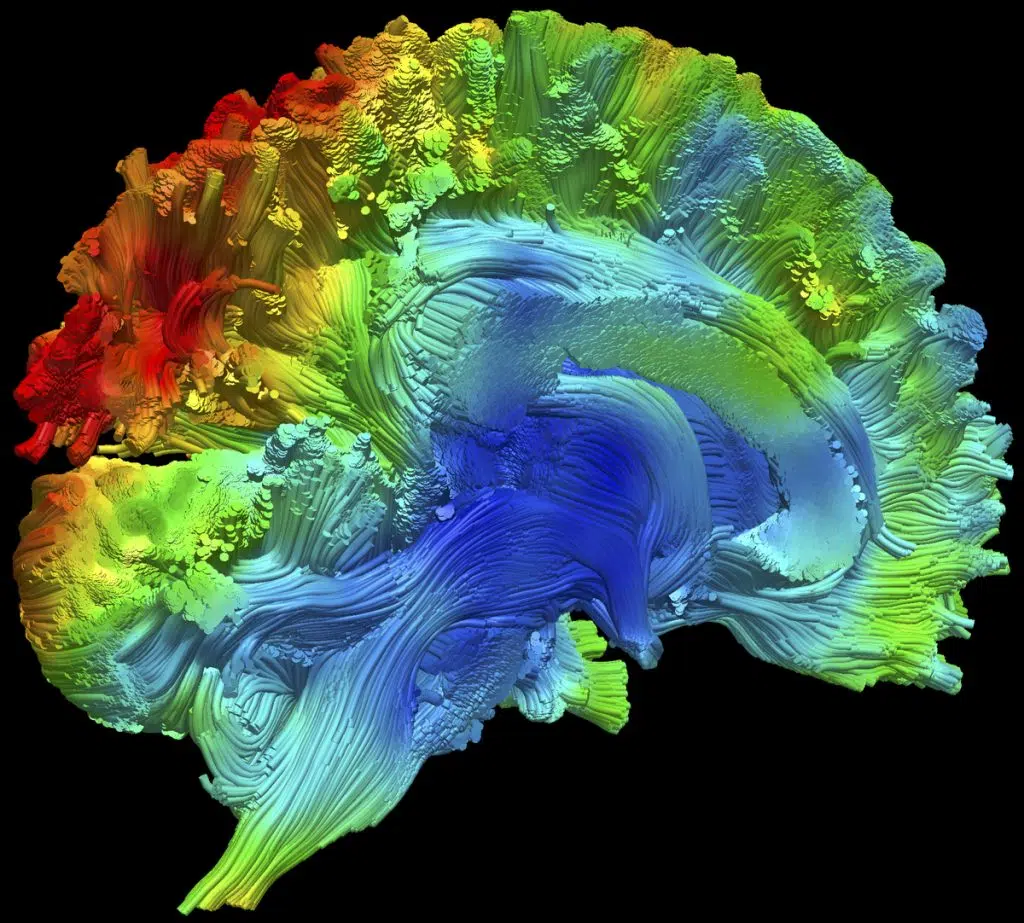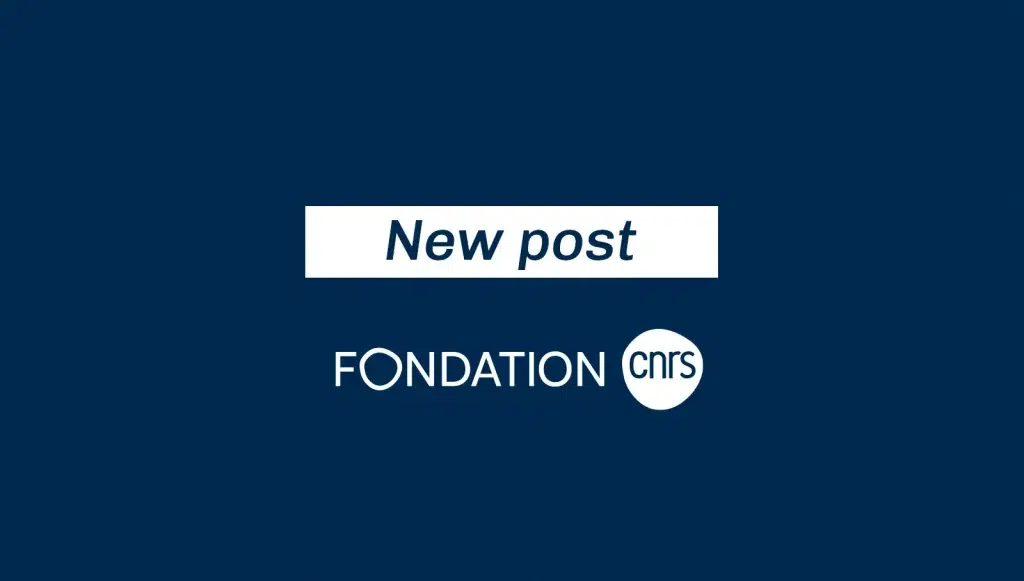The Laboratory of Social and Cognitive Psychology (LAPSCO) of the University of Clermont-Auvergne and the Center for Research on Cognition and Learning (CeRCA) at the University of Poitiers, coordinated by Sylvie Droit-Volet and Pascal Huguet, have joined forces in Covid-19 time to conduct a series of surveys on the impact of the epidemic on individual behavior. An initiative supported by the CNRS Foundation.
Sylvie Droit-Volet looks back on the steps taken and the results achieved: “We’re very pleased with the results. In terms of public health, restrictive measures (masks, confinement, closure of schools and workplaces) have been put in place to reduce physical contact between people in order to curb transmission of the Coronavirus (Covid-19). The question of behavior and its determinants is therefore clearly raised in the fight against an epidemic. Hence the legitimacy of the cognitive and behavioral sciences, and more specifically social psychology, to study health issues relating to so-called risk behaviors.
Thanks to financial support from the CNRS Foundation and ANR Flash Covid19, we have been able to carry out the following projects a survey of two samples of over a thousand people representative of the French population, whom we followed for a year, during three successive periods of confinement. We will soon be interviewing them again.
Among the striking results, we have shown that the first confinement, by disrupting our usual rhythms of life, caused a significant distortion of psychological time, with the feeling that time is passing in slow motion. One year after the first confinement, the participants in our survey still have this feeling of time slowing down. Psychological time has not returned to normal. This slowing down can be explained by a persistent feeling of boredom, characteristic of the long-term development of depressive symptoms in the population. Moreover, most of the people questioned avoid projecting themselves into the future, preferring to remain focused on the present, dealing with current difficulties, or on the past.
Our results also show a major effect of first confinement on depression scores. The problem is that this depressed mood is not episodic. It persists significantly in many people. In April 2021, one year after the first confinement, 44% of them still had mild (17.3%), moderate or even severe (27%) depressive symptoms. This reveals their difficulties in bouncing back in a positive way, with some suffering from genuine “post-traumatic stress” (symptoms occurring after a high-intensity type of stress, or perceived as such). We have also shown the role of social isolation (scarcity of social contacts) in this depression.
From a psychosocial point of view, confinement is problematic because it contravenes a fundamental human need for social affiliation. As we have shown, this need for affiliation increases significantly with the fear of Covid-19. Ironically, the higher this social need is, the less individuals respect containment and barrier gestures. This leads to a solid vicious circle, insofar as this violation of sanitary measures facilitates the spread of the virus. However, non-compliance with sanitary measures is much more marked among men than women.
Finally, we have also shown that non-compliance with social distancing behaviours is higher among people who adhere to the fake news and conspiracy theories about the pandemic. According to our initial survey, around 20% of participants are carriers of fake news on the pandemic [et] this proportion does not change over time, from one survey to the next. It is totally unaffected by all the information provided on the television news aimed at deconstructing false information about the health crisis. This may also be linked to the difficulties encountered by scientists themselves in separating the true from the false, given the complexity of this global health crisis. “
Articles publiés
1-Droit-Volet, S., Martinelli, N., Chevalère, J., Belletier, C., Dezecache, G., Gil, S., Huguet, P. (2021). “The persistence of slowed time experience during theCovid-19 pandemic: Two longitudinal studies in France?” Frontiers. Psychol., https://doi.org/10.3389/fpsyg.2021.721716
2-Martinelli, N., Gil, S., Belletier, C., Chevalère, J., Dezecache, G., Huguet, P., & Droit-Volet, S. (2021a). “Time and Emotion in the lockdown for the Covid-19 epidemic: The determinants of our experience of time?” Frontiers. Psychol. 11 :616160. doi: 10.3389/fpsyg.2020.616169
3-Droit-Volet S, Gil S, Martinelli N, Andant N, Clinchamps M, Parreira L, et al. (2020) “Time and Covid-19 stress in the lockdown situation: Time free, “Dying” of boredom and sadness.” PLoS ONE 15(8): e0236465. https://doi.org/10.1371/journal.pone.0236465
4-Martinelli, N., Gil, S., Chevalere, J., Belletier, C., Dezecache, G., Huguet, P., & Droit-Volet, S. (2021b). “The impact of the COVID-19 pandemic on vulnerable people suffering from depression: two studies on adults in France.” Int. J. Environ. Res. Public Health, 18, 3250. https://doi.org/10.3390/ ijerph18063250
5-Huguet, P., Belletier, C., Chevalère, J., Martinelli, N., Gil, S., Droit-Volet, S. (2021). “Epidemiology of fake news in the age of digital transition. ” Rev Neuropsychol; xx(x):1-2 doi:10.1684/nrp.2021.0646
6-Huguet, P., Belletier, C., Chevalère, J., Martinelli, N., Gil, S., & Droit-Volet, S. (2020). « Épidémiologie des Fake News à l’Heure de la Transition Numérique . » Revue de Neuropsychologie, 12, 2, 221-222.
7-Goutaudier, N. Martinelli, N., Chevalère, J., Dezecache, G., Belletier, C., Huguet, P., Droit-Volet, S., Gil, S. (Minor revision). “Affective Experiences During COVID-19 Pandemic Lockdown and Posttraumatic Growth: A 1-Year Longitudinal Study in France.“ Journal of Affective Disorders.
Submitted articles
8-Dezecache, G., Chevalere, J., Martinelli, N., Gil, S., Belletier, C., Droit-Volet, S., Huguet, P. (submitted). “Affiliation in times of pandemics: Determinants and consequences.” British Journal of Social Psychology.
Articles in preparation
9-Belletier, C., Chevalère, J., Martinelli, N., Gil, S., Dezechache, G., Droit-Volet, S. & Huguet, P. (in preparation) “Acceptance of health measures during the Covid 19 pandemic: how the level of coercion of health measures shapes compliance.”
10-ChevalèreJ., Belletier, C., Gil, S., Martinelli, N., Dezecache, G., Droit-Volet, S., & Huguet, P. “The Spread of News In-Fake-tion During Pandemic Times: From Emotions to Non-compliance with Public Restrictions.”




